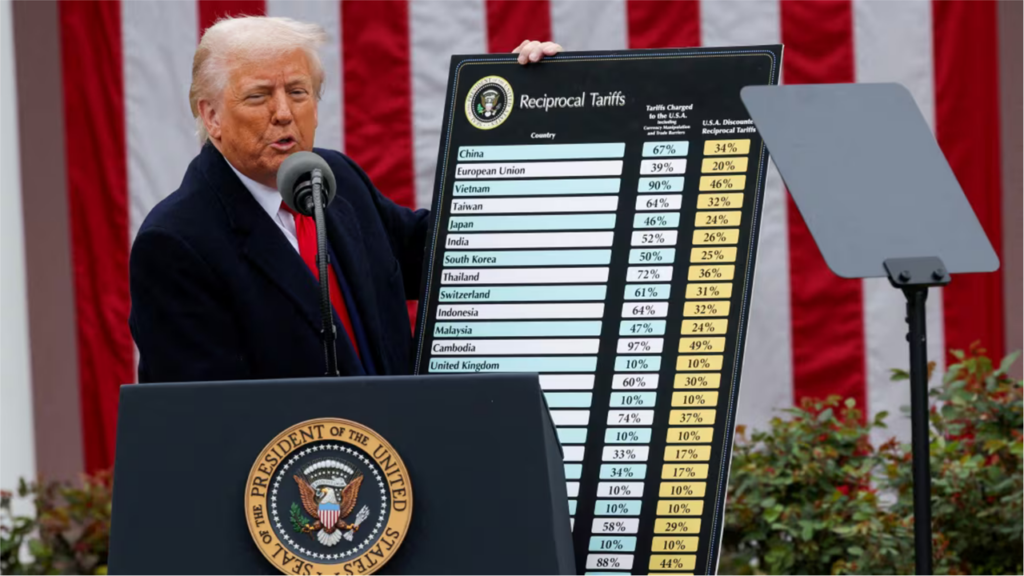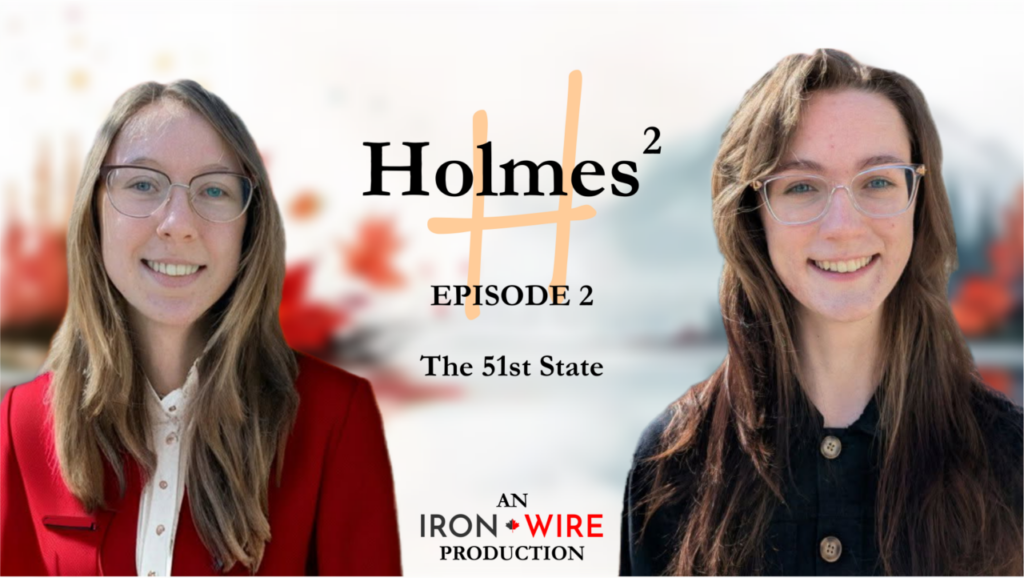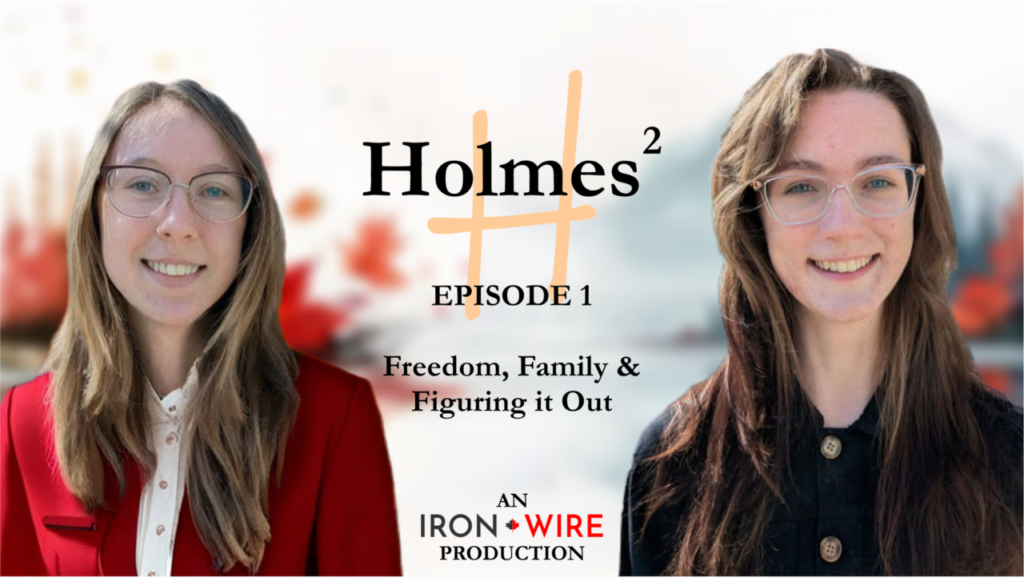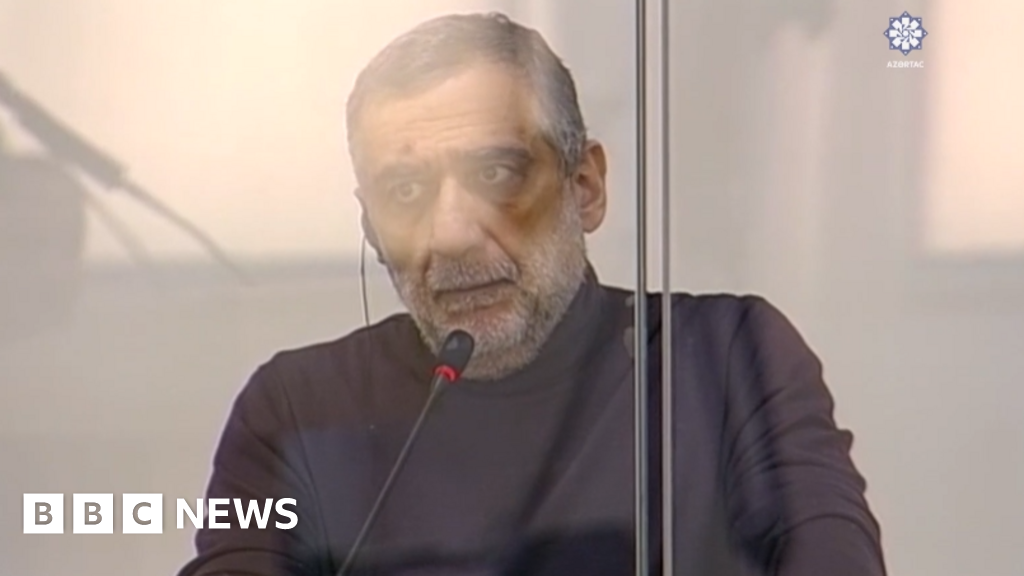Trump Administration Halts Biden Proposal to Let Medicare, Medicaid Cover Anti-Obesity Drugs + More
Source: Children’s Health Defense
Trump Administration Halts Biden Proposal to Let Medicare, Medicaid Cover Anti-Obesity Drugs
The Trump administration announced April 4 that it is not moving forward with a Biden-era proposal that would have expanded coverage of costly anti-obesity drugs to more than 7 million Americans on Medicare or Medicaid.
The Centers for Medicare and Medicaid Services (CMS) did not explain why it was not finalizing the proposal, which the Biden administration unveiled in November. However, the agency said in a statement that it may consider future policy options for anti-obesity medications “pending further review of both the potential benefits of these drugs including updated clinical indications, and relevant costs including fiscal impacts on stakeholders such as state Medicaid agencies.”
New U.S. Health and Human Services Secretary Robert F. Kennedy Jr. has made statements strongly disapproving of the medications in the past, although his new CMS administrator, Dr. Mehmet Oz, frequently touted anti-obesity drugs on his television show and on social media. But expanding coverage would have been expensive, and the Trump administration and Elon Musk’s Department of Government Efficiency have said that slashing federal spending is one of their primary focuses.
Ex-Official Says He Was Forced out of FDA After Trying to Protect Vaccine Safety Data From RFK Jr.
Shortly before he was forced to resign, the nation’s top vaccine regulator says he refused to grant Health Secretary Robert F. Kennedy Jr.’s team unrestricted access to a tightly held vaccine safety database, fearing that the information might be manipulated or even deleted.
In an interview with The Associated Press, former Food and Drug Administration vaccine chief Dr. Peter Marks discussed his efforts to “make nice” with Kennedy and address his longstanding concerns about vaccine safety, including by developing a “vaccine transparency action plan.”
Marks agreed to give Kennedy’s associates the ability to read thousands of reports of potential vaccine-related issues sent to the government’s Vaccine Adverse Event Reporting System, or VAERS. But he would not allow them to directly edit the data.
“Why wouldn’t we? Because frankly we don’t trust (them),” he said, using a profanity. “They’d write over it or erase the whole database.”
GSK Grabs Rights to Technology That Gets Drugs Across the Blood-Brain Barrier
The properties of the blood-brain barrier serve a vital protective role, but they also keep drugs from reaching the organ. Big pharmaceutical companies have been making deals for technologies that could help them get their molecules through this protective membrane and now GSK is joining in, striking up an alliance that gives it a new way to shuttle drugs into the brain to treat neurodegeneration.
The agreement announced Monday gives GSK access to a platform technology developed by ABL Bio. Specific diseases covered by the pact were not disclosed. The deal kicks off with GSK paying South Korea-based ABL £38.5 million (about $49.1 million) up front.
The drug delivery approach of ABL is based on Grabody, a platform technology that develops bispecific antibodies, proteins engineered to bind to two targets. For treating brain diseases, the bispecific antibodies from Grabody contain a domain designed to bind to insulin-like growth factor 1 receptor, a receptor that transports proteins across the blood-brain barrier.
Alternative Approach to Lyme Disease Vaccine Development Shows Promise in Pre-Clinical Models
Meeting the unmet need for a vaccine is the top priority for researchers studying Lyme disease, which infects about 476,000 people in the U.S. each year and can come with severe complications such as ongoing fatigue and joint issues. Vaccine developers have come close to success, but no human vaccine has yet been commercially viable.
After decades of trial and error, a promising new target is emerging — the Lyme bacterial protein CspZ, which the bacteria use to evade detection by the body’s immune system. CspZ first emerged as a candidate while scientists were looking for proteins that might be evolutionarily conserved across different Lyme bacteria strains and so generate a broad protective response.
“We’ve known for years that CspZ would be an ideal vaccine target because it’s produced in abundance during infection, but the challenge was that, in its natural form, the protein doesn’t trigger a strong immune response,” said Yi-Pin Lin, an associate professor of infectious disease and global health at Cummings School of Veterinary Medicine at Tufts University.
Paxlovid Ineffective in Reducing Long COVID Symptoms, Trial Finds
Antiviral medications nirmatrelvir/ritonavir (Paxlovid) were not effective in relieving long COVID symptoms, according to a new study published in The Lancet Infectious Diseases on April 3.
The findings came from the Yale Paxlovid for Long COVID (PAX LC) Trial, led by principal investigator Dr. Harlan Krumholz, Harold H. Hines, Jr. Professor of Medicine, and Akiko Iwasaki, Sterling Professor of Immunobiology. The phase 2 investigational new drug clinical trial tested whether a 15-day course of Paxlovid, an FDA-approved antiviral for acute COVID-19, could also help long COVID patients.
The PAX LC team pioneered a novel, decentralized design that brought the trial into 100 participants’ homes around the nation. It’s the first fully decentralized phase 2 trial of its scale, the researchers say.
“This is the first time that we’ve been able to execute on a study that enrolled people throughout the entire contiguous United States in a manner that was convenient and easy for them,” said Krumholz. “We got an answer that, though disappointing, at least provides more information for us to continue the effort to try to help relieve suffering among these individuals.”
GSK, Pfizer Resolve RSV Patent Feud Amid Vaccine Market Uncertainty
As the respiratory syncytial virus (RSV) vaccine field grapples with a significantly reduced market size thanks to regulatory uncertainties, GSK and Pfizer have decided to lay to rest their patent feud.
GSK and Pfizer have moved to scrap a patent lawsuit around their respective RSV vaccines, according to a filing in the U.S. District Court in Delaware. The settlement comes after a U.K. high court in November sided with Pfizer, ruling that two GSK RSV vaccine patents were invalid.
GSK brought the lawsuit to Pfizer in 2023, shortly after the FDA’s back-to-back approvals for GSK’s RSV shot Arexvy and Pfizer’s rival product Abrysvo. The British pharma claimed that the Pfizer vaccine infringed on four of its patents related to the antigen technology used in its shot.
At that time, the emerging RSV vaccine market was billed as a major blockbuster opportunity. And GSK’s first-to-market Arexvy lived up to that expectation with $1.5 billion sales in its first year of commercialization.














